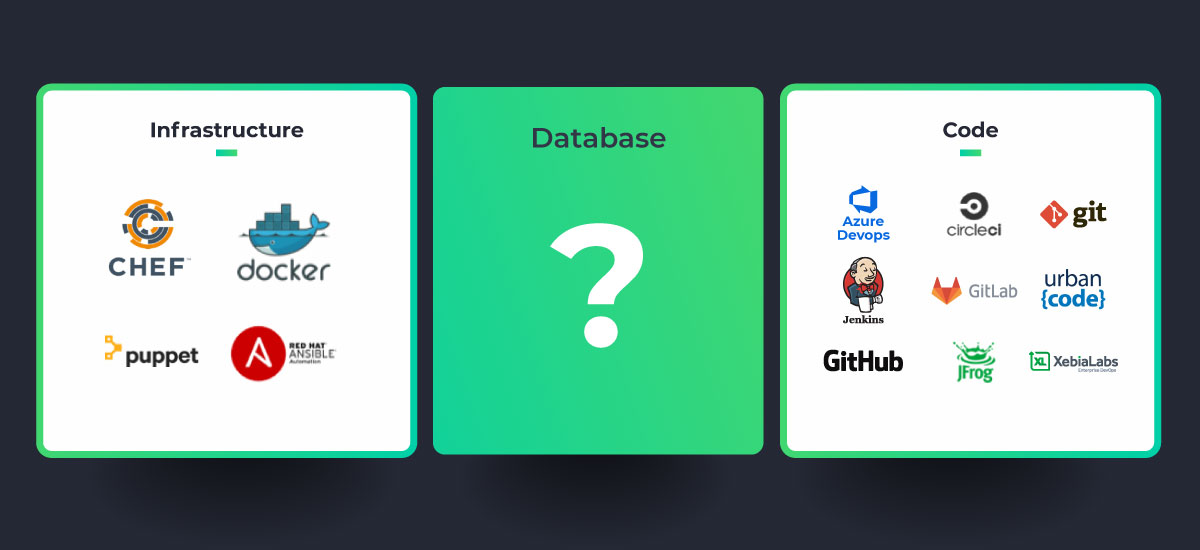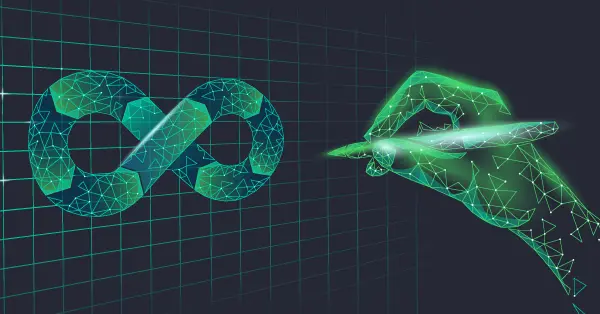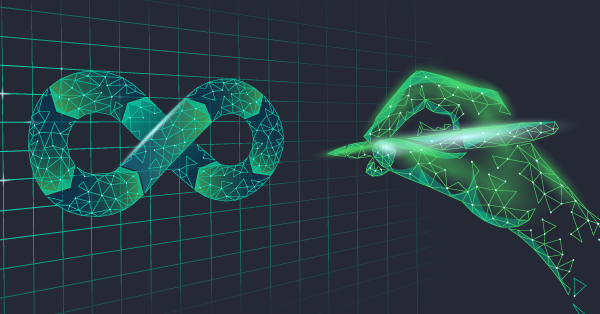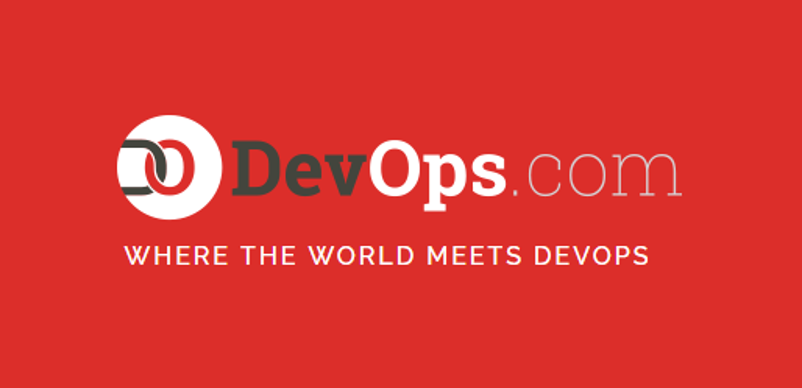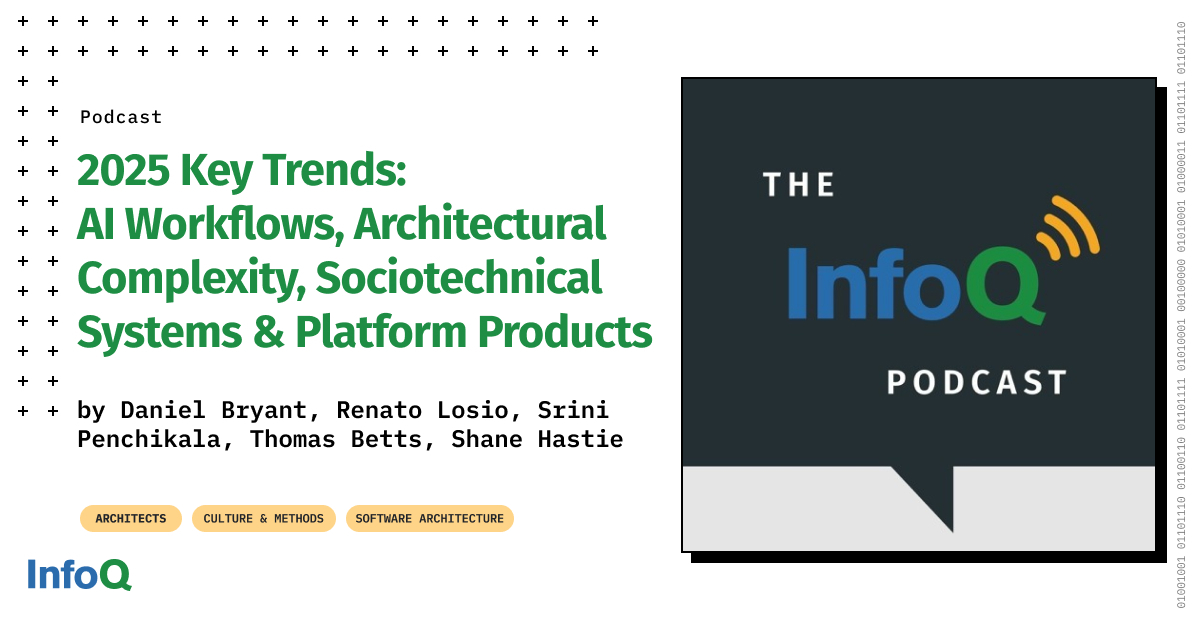fromDevOps.com
2 days agoArcjet SDKs Make It Simpler for Developers to Include Security Functions - DevOps.com
Company CEO David Mytton said the release of v1.0 of its Arcjet JavaScript SDK makes it possible for developers to address many of the issues as applications are being developed that DevOps teams would otherwise need to address later in the software development lifecycle (SDLC). Additionally, Arcjet is beta testing a similar SDK for Python developers, who often have even less application security expertise, added Mytton.
JavaScript

